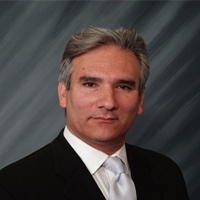River Rouge Criminal Lawyer, Michigan
Sponsored Law Firm
-
 x
x

Click For More Info:
-
Quinn and Associates
719 Griswold, Suite 820 Detroit, MI 48226 » view mapWayne County Criminal Law Win with Attorney Quinn!
We are dedicated to each case. We understand that every case is different and will always take the time to offer solutions that will put you in the winner’s circle.
800-661-1940  Christopher Quinn Esq.
Christopher Quinn Esq.Attorney At Law - MI
Detroit Mercy School of Law, J.D. - 2000
 About
AboutClick here to lean more about Mr. Quinn
 Contact UsEmail or Call 24/7
Contact UsEmail or Call 24/7Enter more text from site here
Akiva Goldman
✓ VERIFIED(866) 666-2889 - CALL NOW! Mr. Akiva Goldman is the managing partner of Goldman & Associates and a member of the State Bar of Michigan. Mr. Goldman re... (more)
Christopher Wayne Quinn II
✓ VERIFIEDAt the law offices of Quinn and associates our motto is knowledge, excellence, and determination. The professionals at The Law Offices of Quinn & Asso... (more)
Paul R. Swanson
✓ VERIFIEDI am a Michigan based Attorney licensed for over 40 years. I have had multiple Million dollar verdicts. My practice has been built through Lawyer re... (more)
Jerard M. Scanland
✓ VERIFIEDAttorney Jerard Scanland focuses his practice on criminal law, family law, auto-accident, and landlord tenant cases. Having completed training for the... (more)
FREE CONSULTATION
CONTACT

 Christopher Quinn Esq.
Christopher Quinn Esq. About
About Contact UsEmail or Call 24/7
Contact UsEmail or Call 24/7




